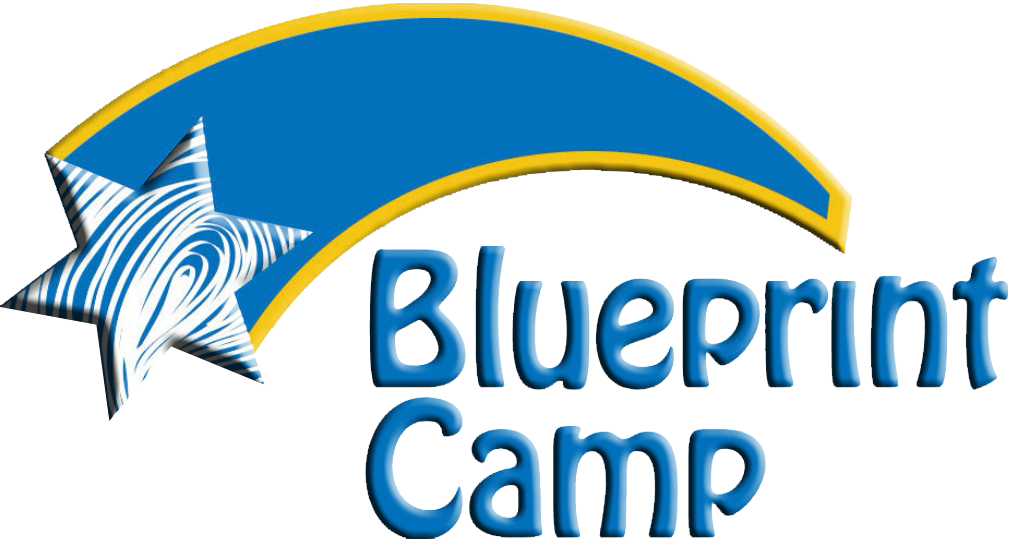

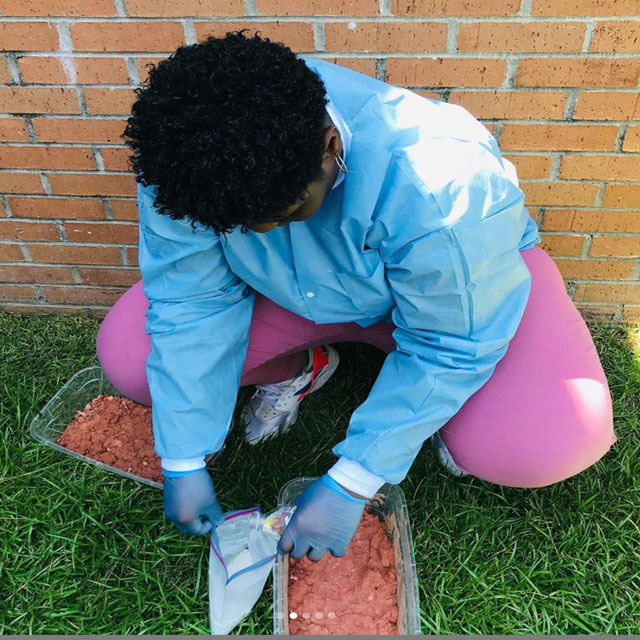
Each Camper will create a homemade CSI Kit with option to purchase a basic kit. They will learn through observation, analyzing, documenting, processing, preservation and collection of physical evidence. Blueprint Campers will also be challenged on their knowledge and skills by presenting their testimony and evidence in a courtroom moot trial.
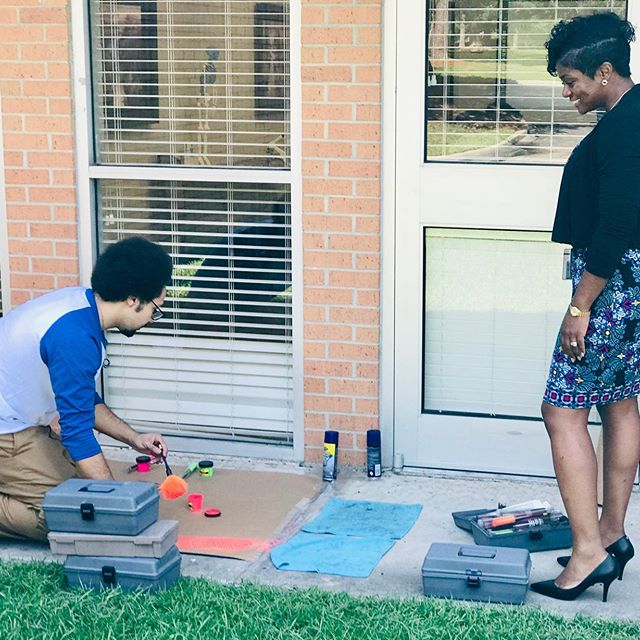
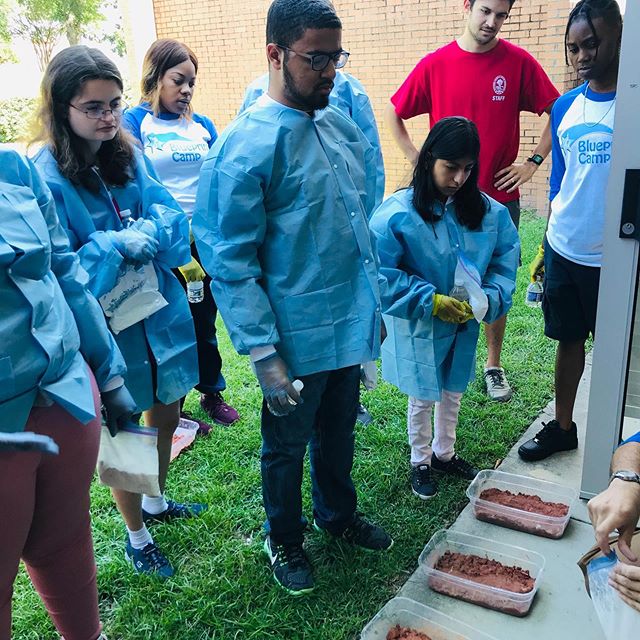
Campers will experience real-life CSI methodology, but in a reality manner with several investigative training. Upon completion of the weekly training course they will demonstrate by creating a mock crime scene and processing the entire scene. Furthermore, the Blueprint Campers will also gain informative knowledge in forensic digital photography, bloodstain pattern analysis, impression evidence, crime scene reconstruction, latent print processing, packaging physical evidence, and crime scene sketching.
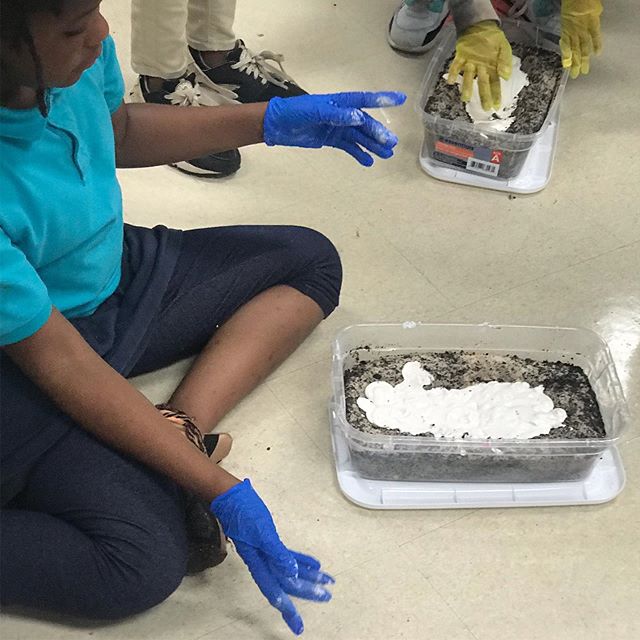
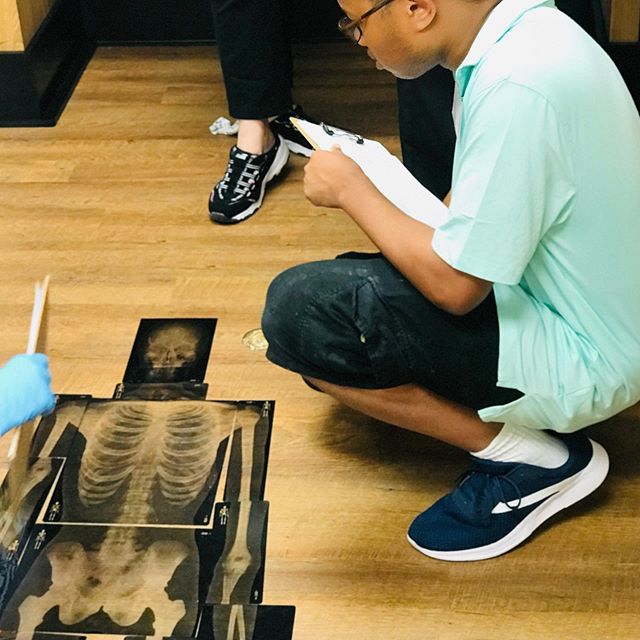
In addition, the campers will learn how to write and maintain a detailed investigative report, interview witnesses, create a photo line-up, secure and preserve evidence. This day camp will be the most intriguing experiences for each camper to walk away with plus they will have the opportunity to meet and greet criminal justice professional as guest speakers.
Blueprint Camp youth program offers a basic foundation of the crime scene process
through examination, explanation and evaluation:

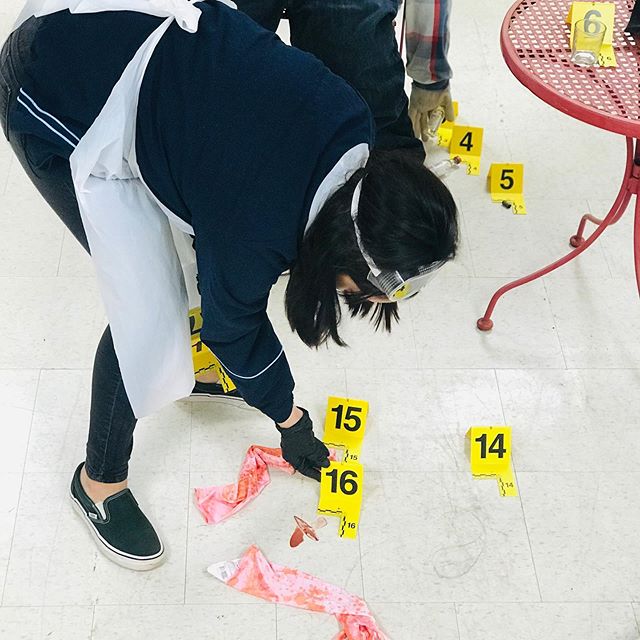
- Latent print lifting techniques using various fingerprint powders
- Basic crime scene sketch drawing
- Forensic digital photography/video-recording
- Preserving and Collection of Trace Evidence (hairs and fibers, glass fragments, paint chips, and soil)
- Properly Securing and Searching the Crime Scene
- Collection of tool marks, tire, footwear, lips print, and bite mark impressions
- Observing, Analyzing, Documenting, Preserving, Processing,Collecting and physical evidence
- Investigative report writing
- Reconstruction of Bloodstain Pattern Analysis
- Mock crime scene
- Moot courtroom trial
- And much more…
